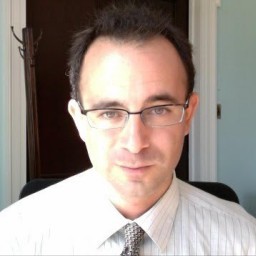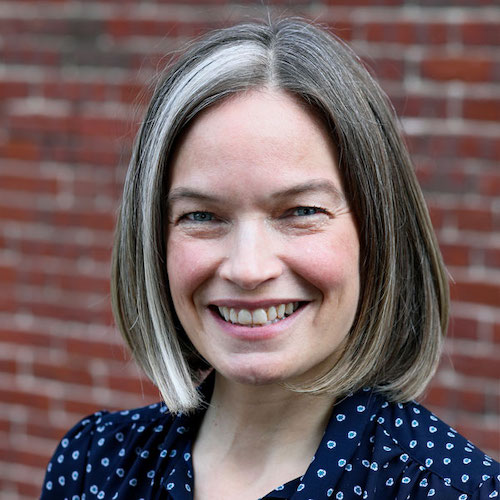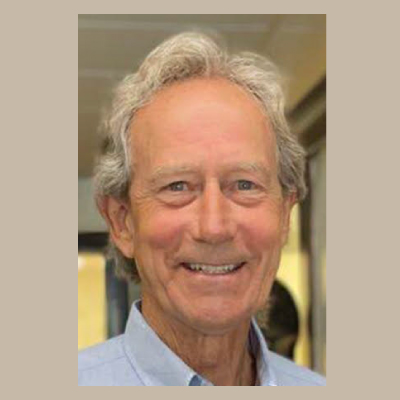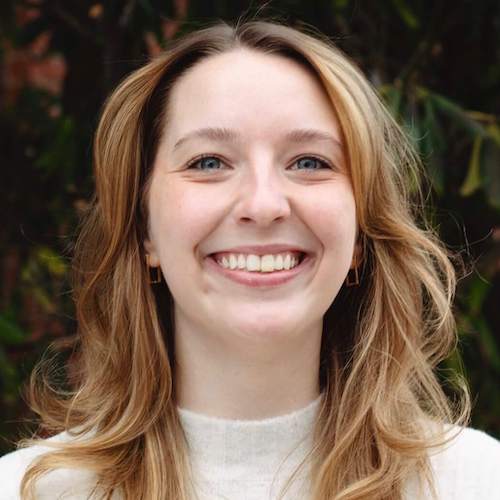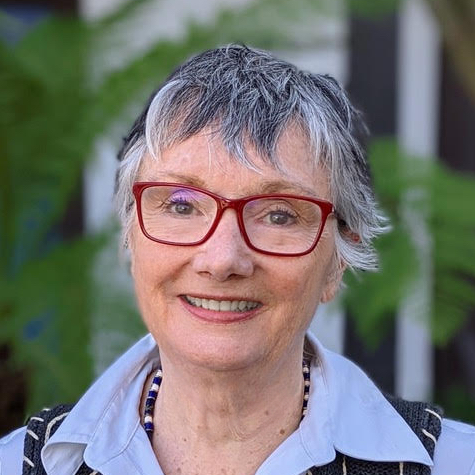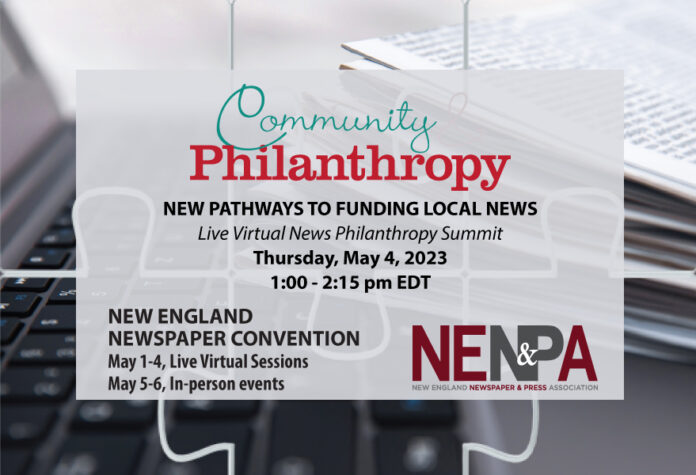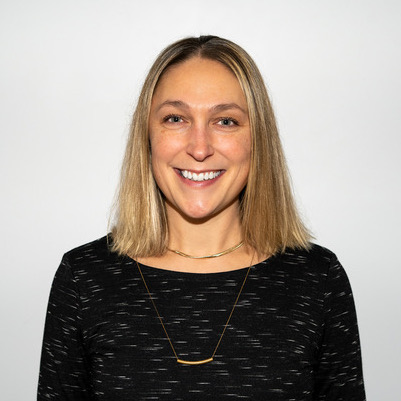 David Karpf is an Associate Professor in the School of Media and Public Affairs at George Washington University, where he has taught since joining the department as an Assistant Professor in 2012. He previously spent two years as an Assistant Professor at Rutgers University’s School of Communication and Information. His research explores the internet’s impact on political associations — both in the formation of novel organizational structures seen in MoveOn and DailyKos, and also tracing implications for more traditional advocacy organizations. His first book, The MoveOn Effect: The Unexpected Transformation of American Political Advocacy was published in May 2012 by Oxford University Press. His second book, Analytic Activism: Digital Listening and the New Political Strategy was published in December 2016 by Oxford University Press.
David Karpf is an Associate Professor in the School of Media and Public Affairs at George Washington University, where he has taught since joining the department as an Assistant Professor in 2012. He previously spent two years as an Assistant Professor at Rutgers University’s School of Communication and Information. His research explores the internet’s impact on political associations — both in the formation of novel organizational structures seen in MoveOn and DailyKos, and also tracing implications for more traditional advocacy organizations. His first book, The MoveOn Effect: The Unexpected Transformation of American Political Advocacy was published in May 2012 by Oxford University Press. His second book, Analytic Activism: Digital Listening and the New Political Strategy was published in December 2016 by Oxford University Press.
David Karpf
Kristen Oliveri
 Kristen Oliveri is the vice president of communications and marketing at the New Hampshire Charitable Foundation. She leads all aspects of the Foundation’s communications and marketing strategies including brand strategy and awareness, public relations and digital and print media.
Kristen Oliveri is the vice president of communications and marketing at the New Hampshire Charitable Foundation. She leads all aspects of the Foundation’s communications and marketing strategies including brand strategy and awareness, public relations and digital and print media.
Kristen is a Granite Stater, born, bred and schooled: She grew up in North Sutton, swimming and skating at Kezar Lake and learning to ski at King Ridge; she studied economics and political science at the University of New Hampshire’s Whittemore School of Business and Economics (now the Peter T. Paul School of Business and Economics) and earned a Master’s in Public Administration at UNH.
Kristen came to the Foundation in 2003 from the high-tech world — her interest spurred by a partnership between the Foundation and industry to increase the impact of charitable giving.
She is a member of the advisory committee for NH Gives, New Hampshire’s signature 24-hour giving event created by the New Hampshire Center for Nonprofits, and a Leadership New Hampshire graduate, class of 2019.
Kristen lives in Manchester with her husband and daughter; most summer weekends find them packing up their trailer and camping gear and heading to the White Mountains or west to the Upper Valley.
Gabriela Lozada
 Gabriela Lozada is a Report for America corps member. Her focus is on Latinx community with original reporting done in Spanish for ¿Qué hay de Nuevo NH?.
Gabriela Lozada is a Report for America corps member. Her focus is on Latinx community with original reporting done in Spanish for ¿Qué hay de Nuevo NH?.
She has over 10 years of reporting experience and is an award-winning documentary filmmaker who specializes in covering social issues. Her documentary, “El Ultimo Hielero Del Chimborazo” (The Last Iceman of Chimborazo) and La Marea, are the films she is most proud of.
She holds an MFA in filmmaking from the New York Film Academy.
Will Katcher
 Will Katcher is a reporter for MassLive in the Pioneer Valley covering breaking news and the city of Northampton. He is a proud graduate of the University of Massachusett Amherst and a devout live music fan. You can reach him at wkatcher@masslive.com. He can be followed on Twitter at @will_katcher.
Will Katcher is a reporter for MassLive in the Pioneer Valley covering breaking news and the city of Northampton. He is a proud graduate of the University of Massachusett Amherst and a devout live music fan. You can reach him at wkatcher@masslive.com. He can be followed on Twitter at @will_katcher.
Craig Garnett
 Craig Garnett has written a weekly editorial and column for the Uvalde Leader-News since 1982, winning several dozen first place awards from the Texas Press Association and the South Texas Press Association.
Craig Garnett has written a weekly editorial and column for the Uvalde Leader-News since 1982, winning several dozen first place awards from the Texas Press Association and the South Texas Press Association.
Garnett was born in Altus, Oklahoma, and graduated from Southern Methodist University in 1975 with a BA in economics. He joined the Fort Worth Star-Telegram in 1977 and a year later moved to the Kansas City Star. He became the owner and publisher of the Leader-News in 1989. Garnett lives with his wife, Melissa, on a farm outside Uvalde.
Olivia Belanger
 Olivia Belanger is an award-winning journalist, currently working as the health solutions reporter for The Keene Sentinel’s Monadnock Region Health Reporting Lab. Before joining The Sentinel in 2019, she was the health, education, and nonprofit reporter for The Watertown Daily Times in Watertown, N.Y. A 2018 graduate of Keene State College, Olivia decided to move back to the area to tell the unique stories of the Monadnock Region.
Olivia Belanger is an award-winning journalist, currently working as the health solutions reporter for The Keene Sentinel’s Monadnock Region Health Reporting Lab. Before joining The Sentinel in 2019, she was the health, education, and nonprofit reporter for The Watertown Daily Times in Watertown, N.Y. A 2018 graduate of Keene State College, Olivia decided to move back to the area to tell the unique stories of the Monadnock Region.
Vicki Whiting
 President and Creative Director of Kid Scoop, the weekly youth feature, has been publishing for 30 years in newspapers in 42 states. Whiting trains newspaper publishing staff in transformational selling that captures year-round sponsorships of the Kid Scoop youth feature page and the companion Kid Scoop Junior for preschool children – very popular with parents. Vicki created the Kid Scoop features to give newspapers a direct connection to young readers so they begin reading the newspaper as they develop their reading skills in elementary grades and even younger. The weekly Kid Scoop page (available in different sizes) presents lively reading activities that are not only fun for children and families but adhere to required education standards. Hundreds of thousands of classroom teachers rely on Kid Scoop to motivate reluctant readers and bring all students up to grade-level reading – essential to succeeding in high school and avoiding dropping out. This is a reading challenge for all teachers since the Covid pandemic reduced reading scores across the nation by two-12 years. Parents use Kid Scoop at home to increase reading time for their children, crucial for vocabulary acquisition. In addition, ten years ago Whiting created Kid Scoop News, a monthly 24-page tabloid newspaper that is now given to more than 100,000 children in four states. This publication is growing nationally through partnerships with press associations and publishers. Kid Scoop publications are designed to help newspapers build readership now and into the future. See free marketing materials and articles about Kid Scoop’s use in newspapers around the nation at https://www.kidscoop.com/.
President and Creative Director of Kid Scoop, the weekly youth feature, has been publishing for 30 years in newspapers in 42 states. Whiting trains newspaper publishing staff in transformational selling that captures year-round sponsorships of the Kid Scoop youth feature page and the companion Kid Scoop Junior for preschool children – very popular with parents. Vicki created the Kid Scoop features to give newspapers a direct connection to young readers so they begin reading the newspaper as they develop their reading skills in elementary grades and even younger. The weekly Kid Scoop page (available in different sizes) presents lively reading activities that are not only fun for children and families but adhere to required education standards. Hundreds of thousands of classroom teachers rely on Kid Scoop to motivate reluctant readers and bring all students up to grade-level reading – essential to succeeding in high school and avoiding dropping out. This is a reading challenge for all teachers since the Covid pandemic reduced reading scores across the nation by two-12 years. Parents use Kid Scoop at home to increase reading time for their children, crucial for vocabulary acquisition. In addition, ten years ago Whiting created Kid Scoop News, a monthly 24-page tabloid newspaper that is now given to more than 100,000 children in four states. This publication is growing nationally through partnerships with press associations and publishers. Kid Scoop publications are designed to help newspapers build readership now and into the future. See free marketing materials and articles about Kid Scoop’s use in newspapers around the nation at https://www.kidscoop.com/.
Dan Lyon
 Dan Lyon (b. 1991) is a visual storyteller, editor and educator based in Syracuse, New York. He recently worked as the photo editor for Chalkbeat, a nonprofit newsroom telling the story of education in the United States, taught photographic storytelling as a part-time instructor at Syracuse University’s Newhouse School, and works as a freelance photojournalist for The Wall Street Journal in Upstate New York. Dan received his B.S. in photojournalism from Syracuse University in 2020 and attended the 2022 Kalish Workshop for visual storytelling and editing.
Dan Lyon (b. 1991) is a visual storyteller, editor and educator based in Syracuse, New York. He recently worked as the photo editor for Chalkbeat, a nonprofit newsroom telling the story of education in the United States, taught photographic storytelling as a part-time instructor at Syracuse University’s Newhouse School, and works as a freelance photojournalist for The Wall Street Journal in Upstate New York. Dan received his B.S. in photojournalism from Syracuse University in 2020 and attended the 2022 Kalish Workshop for visual storytelling and editing.
His experience as a soldier in the U.S. Army for over eight years has made him passionate about the intersection of safety and journalism. He is also a student of visual media ethics, examining the history of photography, and is a fierce advocate for working photojournalists. In his free time, you can find Dan listening to weird music or watching bad reality television.
Philanthropy Summit On May 4 – New Pathways to Funding Local News
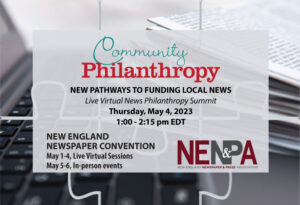 Join us for a unique summit where newsrooms, philanthropists, business leaders and academic institutions will discuss not only why they can work together – but also how!
Join us for a unique summit where newsrooms, philanthropists, business leaders and academic institutions will discuss not only why they can work together – but also how!
To create healthier, more connected, and engaged communities we need accurate and timely information that people can trust. Journalism is essential in providing this information, helping individuals to better understand their surroundings, make informed investments in their communities, and become more civically engaged.
Partnerships between newsrooms, philanthropy, business, and higher education are becoming more common in achieving these collective goals. But how are they doing it?
Join us on Thursday, May 4 at 1:00 pm for a virtual discussion during the 2023 New England Newspaper Convention where we’ll explore how journalism can fit into an organization’s philanthropic mission, how to measure the tangible impacts of journalism, and how local news outlets are innovating with community-funded journalism. We’ll also discuss how employees and constituents can better understand the connection between local news and community priorities.
The conversation will include a presentation from Nina Sachdev, Communications Director for Media Impact Funders, brief highlights of community-funded journalism projects, and a panel discussion with Sachdev and other local funders about why they support local journalism and their experiences with funding journalism to meet organizational missions.
Don’t miss out on this expert panel and important discussion about the future of journalism and its critical role in building healthy, thriving, and engaged communities.
News Philanthropy Summit: New Pathways to Funding Local News
Speakers: Melanie Plenda, Director, The Granite State News Collaborative
Steve Leone, Publisher, Concord Monitor
Nina Sachdev, Director of Communications, Media Impact Funders
Laura Simoes, Executive Director, Nackey S. Loeb School of Communications
Karen Ager, Director of Communications, Endowment for Health
Use the links below for more information and to register for the convention.
| CONVENTION HOME | PROGRAM | SPONSORSHIP | HOTEL INFO | REGISTRATION | YANKEE QUILL | HALL OF FAME |
Laura Koch
 Laura Koch is the senior graphic designer at Metro Creative Graphics. She holds a BA in Communication but followed her artistic passion to start her career as a graphic designer for two newspapers in her hometown of Buffalo, NY. In 2008 she relocated to NYC and landed a graphic design position at Metro, a company she utilized in her previous design work at the Buffalo News. Laura has been with Metro for 12 years now, continually helping the company anticipate and meet the evolving needs of the newspaper industry. She has a great appreciation for what designers on a small staff with tight deadlines can create. Laura puts her passion for layout and design to work in producing ads, section covers, art headings, infographics and editorial layouts, which she hopes will inspire her fellow artists and give them a jumping-off point in their own designs.
Laura Koch is the senior graphic designer at Metro Creative Graphics. She holds a BA in Communication but followed her artistic passion to start her career as a graphic designer for two newspapers in her hometown of Buffalo, NY. In 2008 she relocated to NYC and landed a graphic design position at Metro, a company she utilized in her previous design work at the Buffalo News. Laura has been with Metro for 12 years now, continually helping the company anticipate and meet the evolving needs of the newspaper industry. She has a great appreciation for what designers on a small staff with tight deadlines can create. Laura puts her passion for layout and design to work in producing ads, section covers, art headings, infographics and editorial layouts, which she hopes will inspire her fellow artists and give them a jumping-off point in their own designs.

